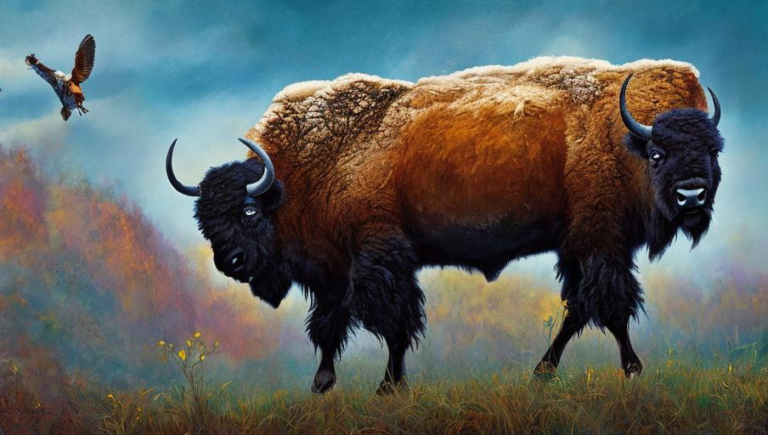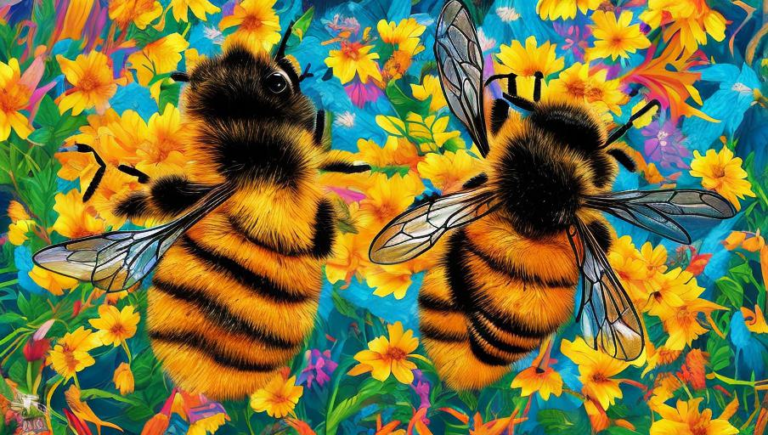Q-tips for Caring for Alpacas

Caring for Alpacas
Alpacas are gentle and docile creatures that are native to South America and are closely related to the llama. They are often kept as domesticated animals and make wonderful pets, but they also require special care and attention to ensure they stay healthy and happy. If you are considering adopting an alpaca, it is important to understand the basics of their care and what is needed to keep them in good condition.
Food and Nutrition
Alpacas are browsers, meaning they prefer to graze on a variety of grasses, weeds, and shrubs. Their diet should include a wide variety of grasses and other plants, as well as hay, grains, and minerals. Alpacas should not be fed any processed food, as this can be harmful to their digestive system. It is important to provide them with plenty of fresh, clean water and to clean their food and water containers regularly.
Shelter and Space
Alpacas need plenty of space to roam and graze, so it is important to provide them with adequate space. They should have access to a large, clean, and dry area to rest and escape from the sun or rain. A shelter should also be provided to protect them from extreme weather conditions. It is important to regularly check the shelter for any signs of damage or wear and tear.
Grooming
Alpacas should be brushed regularly to keep their fur clean and free of dirt and debris. It is also important to trim their hooves every few months to prevent them from becoming overgrown. If they become matted, they should be brushed gently with a slicker brush to remove any tangles.
Health Care
Alpacas need regular health checks to ensure they remain healthy and free of any illnesses or parasites. An annual checkup should include a physical exam, a fecal test, and parasite control. It is also important to provide them with proper vaccinations to protect them from diseases. Additionally, alpacas need to be dewormed regularly to prevent them from becoming infected with parasites.
Socialization
Alpacas are social animals and need regular interaction with other animals and people. If they are kept as pets, it is important to provide them with plenty of attention and interaction. They should also be given the opportunity to run and play, as this is important for their mental and physical wellbeing.
Conclusion
Caring for an alpaca is a rewarding experience and requires dedication and patience. By understanding their basic needs and providing them with adequate food, shelter, grooming, and health care, you can ensure your alpaca stays healthy and happy. Taking the time to learn about the basics of alpaca care will help you provide the best environment for your alpaca and ensure they live a long and happy life.





